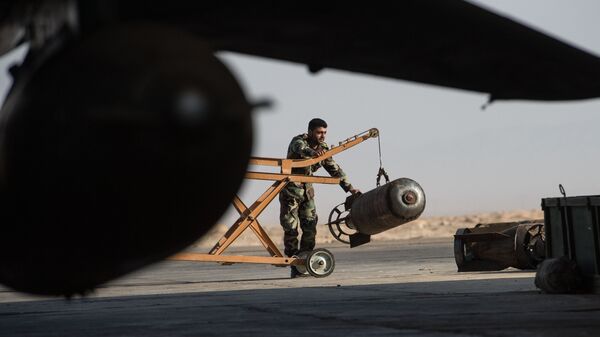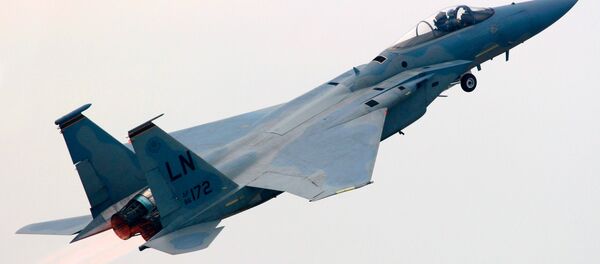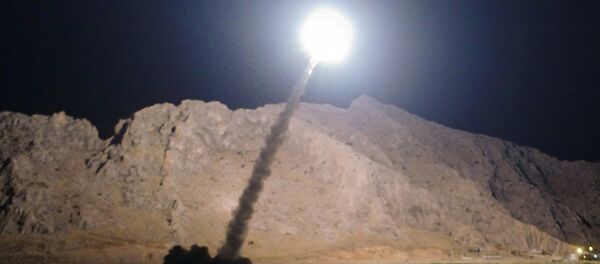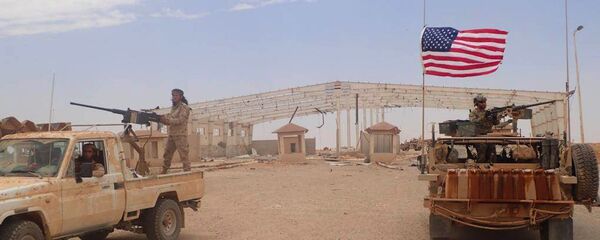The US warplane shot down the Syrian Su-22 near the city of Tabqah, Raqqa province, claiming that the plane had attacked Syrian Democratic Forces (SDF) positions. The Syrian Defense Ministry responded, saying the aircraft was bombing Daesh positions. An informed source at the scene told Sputnik that the Su-22's pilot has been rescued. Moscow responded to the act of aggression by suspending its memorandum on flight safety with the US over Syria, and promising to intercept any aircraft in the Russian Aerospace Defense Forces' area of operations.
Speaking to Sputnik about the likely rise in tensions between Moscow and Washington over Sunday's incident, Dr. Eyal Zisser, a professor of history at Tel Aviv University, said he doesn't think that the Su-22 shootdown really increases the chances of a major conflict between the major powers.
"I don't think it is the aim of the Americans right now to get into conflict with the Russians. There is, I assume, some sort of understanding with the red lines," the academic noted. "It's quite clear where everyone can and should cooperate. If this is not the case, in the coming days, since it's not in the interests of either Washington or Moscow to get into conflict, they probably will be able to contain the consequences," he added.
Asked how Sunday's incident could affect the overall strategic picture, the academic said that hopefully, very little. "As we know, the Raqqa area is planned to be liberated by Kurdish forces. The Kurds have open channels to the Russians and to the Americans, but right now the immediate support they get [comes from] the Americans…So I don't think it will have any effect," at least in so far as the fight against Daesh (ISIL/ISIS) is concerned.
As far as Syria is concerned, the academic noted that this country has long become a battleground for regional and global actors including Turkey, Saudi Arabia, the US and Russia; accordingly, for the anti-terrorism campaign in the country to truly succeed, and for the country's half-decade-long war to come to an end, all of these powers will need to reach some kind of understanding.




